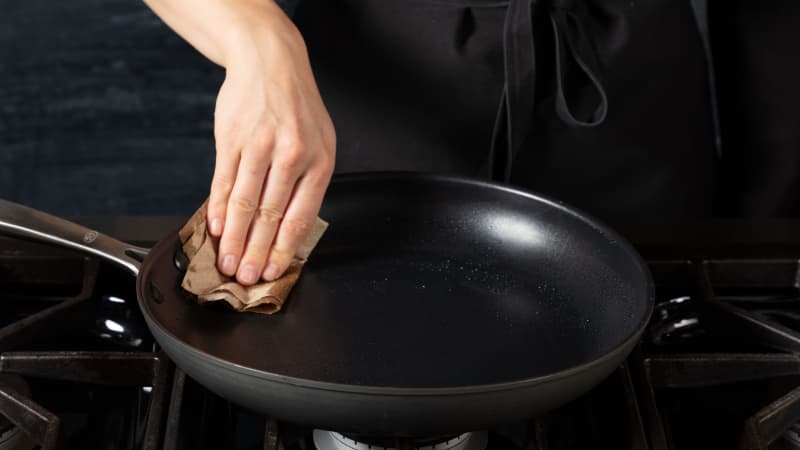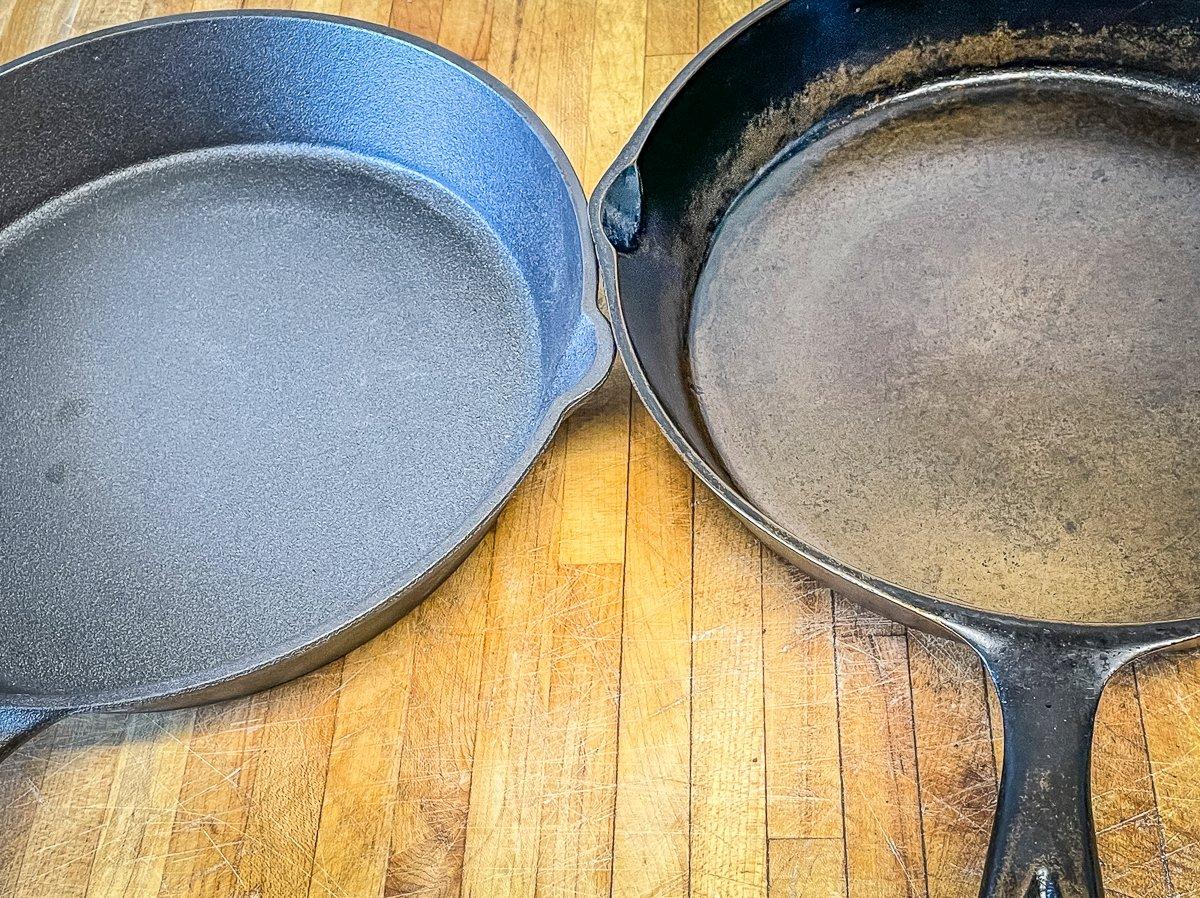When it comes to preparing your wok for optimal cooking, the best oil for seasoning wok is crucial. Seasoning your wok correctly enhances its performance, prevents rust, and creates a natural non-stick surface that supports your culinary endeavors. This article dives into the ins and outs of choosing the perfect oil for your wok, making sure you can maximize its potential.
Whether youre a seasoned kitchen professional or just starting, understanding the best practices for oil selection can significantly impact your cooking. In this comprehensive guide, we'll explore various oils, their benefits, and provide step-by-step instructions on how to season your wok appropriately.

Understanding the Importance of Seasoning Woks
Seasoning enhances the woks durability and cooking capabilities. A well-seasoned wok allows for even heat distribution, which is essential when stir-frying, and prevents food from sticking to the surface. This not only improves the cooking experience but also ensures that flavors are preserved.
Factors to Consider When Choosing Oil for Your Wok
Before delving into the best oils available, its essential to focus on a few considerations:
- Smoke Point: Oils with higher smoke points are preferred as they can withstand high heat without breaking down.
- Flavor: Some oils impart specific flavors to the dishes; choose according to your desired taste profile.
- Health Considerations: Depending on your dietary needs, some oils may be more beneficial than others.
Best Oils for Seasoning Your Wok
Here, we delve into some of the best oils for seasoning your wok, considering their benefits and features.
1. Flaxseed Oil
Flaxseed oil stands out among the options due to its high smoke point of approximately 225C (437F). It is loaded with omega-3 fatty acids and forms a hardened layer on the surface of the wok when heated, which helps build a natural non-stick layer.
2. Grapeseed Oil
Another top contender is grapeseed oil, boasting a smoke point of about 216C (421F). Its light flavor makes it a suitable candidate for various dishes, and it wont overpower the natural tastes of your ingredients.
3. Canola Oil
Canola oil offers a balanced choice with a smoke point of roughly 204C (400F). Its neutral flavor makes it ideal for maintaining the original taste of foods while still providing excellent seasoning properties.
4. Peanut Oil
Peanut oil is a favorite in Asian cooking, with a smoke point around 232C (450F). Its rich flavor compliments many dishes, making it a preferred choice for those who appreciate a bit of nuttiness in their cooking.
5. Sunflower Oil
With a smoke point of about 227C (440F), sunflower oil is an excellent option for wok seasoning. It has a light taste and is widely available, making it a convenient choice.
How to Season Your Wok
Now that you've selected your oil, follow these steps to season your wok properly:
- Clean the wok thoroughly with hot water and a spongeavoid soap to retain the natural oils.
- Dry the wok completely with a paper towel.
- Pour about a tablespoon of the chosen oil into the wok and spread it around using a heat-resistant cloth or paper towel.
- Heat the wok on high until it starts to smoke lightly; let it smoke for a minute or so.
- Turn off the heat and let the wok cool. Repeat this process 2 to 3 times for optimal seasoning.
Maintaining Your Seasoned Wok
After achieving a well-seasoned wok, it's essential to maintain it correctly:
- Cleaning: Always rinse with hot water after use. Avoid harsh chemicals or scouring pads.
- Re-oiling: Occasionally re-apply a thin layer of oil after cleaning to keep the seasoning intact.
- Storage: Store in a dry place to prevent moisture accumulation.
FAQs About Wok Seasoning
1. How often should I season my wok?
It's recommended to season your wok at least once a year, or more frequently if you notice food sticking.
2. Can I use olive oil to season a wok?
While olive oil has a lower smoke point, it can be used, but may not provide the same high-temperature performance as other oils.
3. What should I do if food starts to stick to my wok?
If food sticks, it may be time to re-season your wok. Ensure to properly care for it after every use.

Conclusion
The best oil for seasoning wok varies based on personal preferences and cooking styles. Each oil carries its benefits, thus selecting one that resonates with how you plan to use your wok is essential. Follow the guidance above for successful seasoning and maintenance, ensuring your wok remains a reliable companion in your culinary journeys.
For more information on other cookware, consider checking our articles on cast iron oil, Blackstone seasoning, and carbon steel oil. Proper seasoning and care ensure longevity and delightful cooking experiences in your kitchen.
Learn more about seasoning techniques.
As an Amazon Associate, I earn from qualifying purchases.




Leave a comment
This site is protected by hCaptcha and the hCaptcha Privacy Policy and Terms of Service apply.